Patients suffering from genital psoriasis are often very reluctant to disclose the problem, delegates at the PCDSI meeting were informed. In a presentation on ‘Psoriasis in difficult-to-treat areas’, Consultant Dermatologist, St John’s Institute of Dermatology, UK, Dr Eleanor Higgins noted that unless asked, patients often fail to reveal the condition.
Genital psoriasis can lack scale and is sometimes misdiagnosed as candida; however, it can be effectively treated by using clobetasone, Dr Higgins said. In terms of assessment, she advised delegates to take a complete history from patients, including questioning patients on triggers. She added that trauma and picking off scaly skin can induce psoriasis.
She advised clinicians to conduct a full-body examination, including examining the scalp, nails and joints. GPs should also inquire about how the patient is coping with their condition.
Facial psoriasis, which can have a huge impact on a person’s quality-of-life, is often under-treated due to patient and healthcare professional concerns about what agents are safe to use on the face, Dr Higgins said.
Tacrolimus, in particular, has been shown to be very effective in the treatment of facial psoriasis but it is important that patients are counselled on how much cream to use for optimum treatment, she advised.
Psoriasis on the eyelids is another problematic area for patients but can be treated successfully with hydrocortisone or tacrolimus.
Sebopsoriasis, a condition in which psoriasis and seborrheic dermatitis overlap, can be treated with Daktacort twice a day for two weeks and thereafter with clobetasone or tacrolimus.
She stressed that treatment once a day is probably as affective as twice a day, with some exceptions. When the condition has cleared, patients should maintain treatment once or twice a week for a few weeks, and then stop.
For the treatment of scalp psoriasis, she recommended descaling as the first step. Olive oil, cocois ointment or sebco ointment can be massaged into the scalp and left overnight before being washed off with a tar-based shampoo, she explained.
When all scale has been removed, the area should be treated with steroid-containing preparations. Treatment can be maintained by using a tar-based shampoo twice a week and a topical steroid once or twice a week, she advised. A helpful video on the treatment of scalp psoriasis, including advice on how to remove hard scale, is available from the St John’s Institute of Dermatology at St Guy’s Hospital, London, website.
For ear psoriasis, Dr Higgins avoids antibiotics and uses clobetasone or tacrolimus. For flexural psoriasis, less-potent topical corticosteroids and tacrolimus can be effective.
Hand and foot psoriasis, which can cause patients severe pain, often requires treatment with very potent topical steroids. Other treatments for psoriasis include phototherapy, methotrexate and biologic agents, which can be very effective for patients, Dr Higgins said.
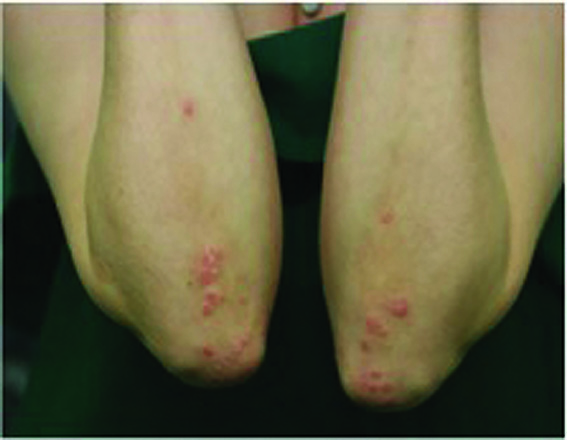
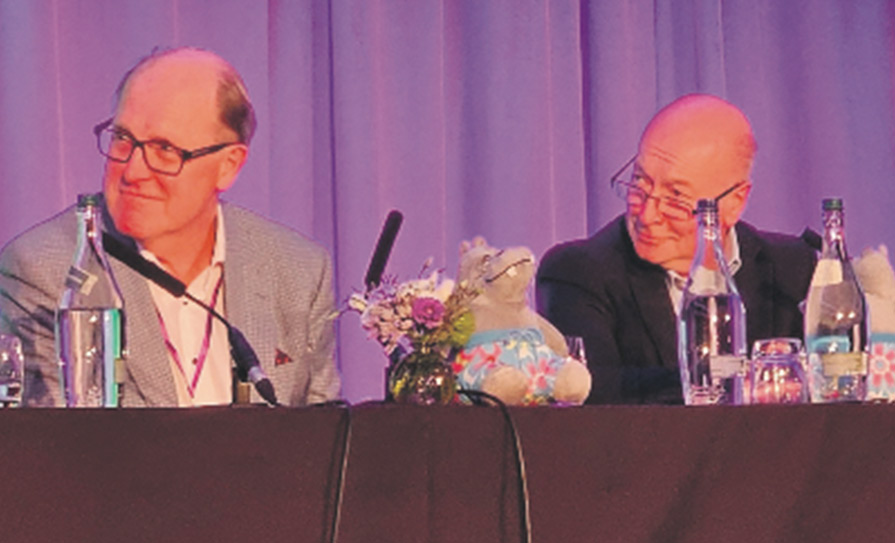
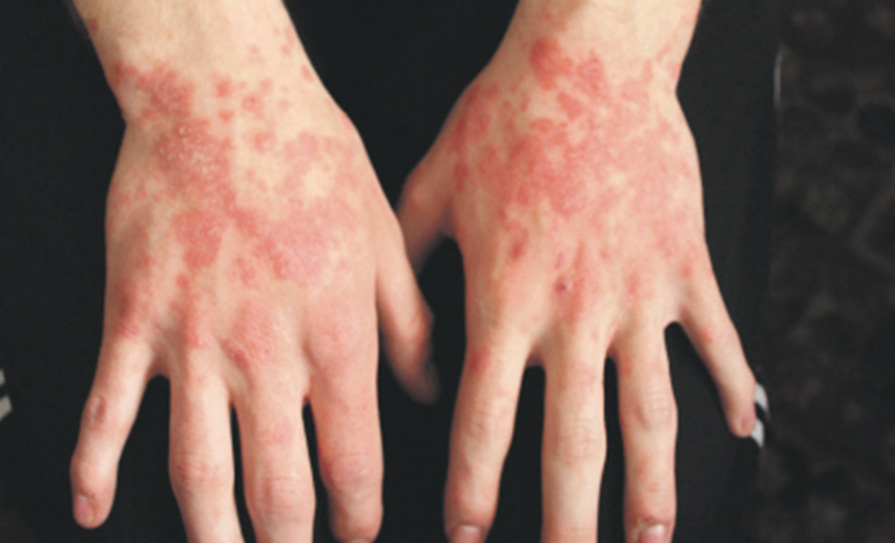

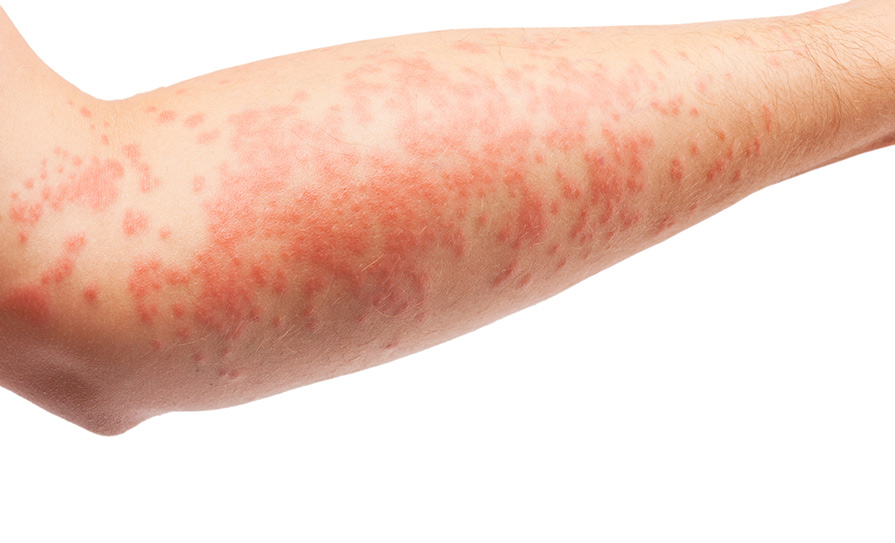
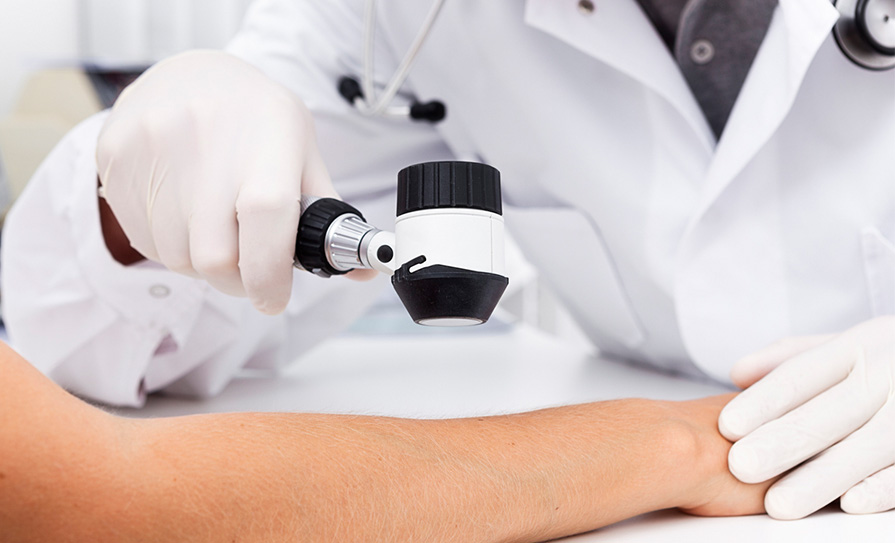

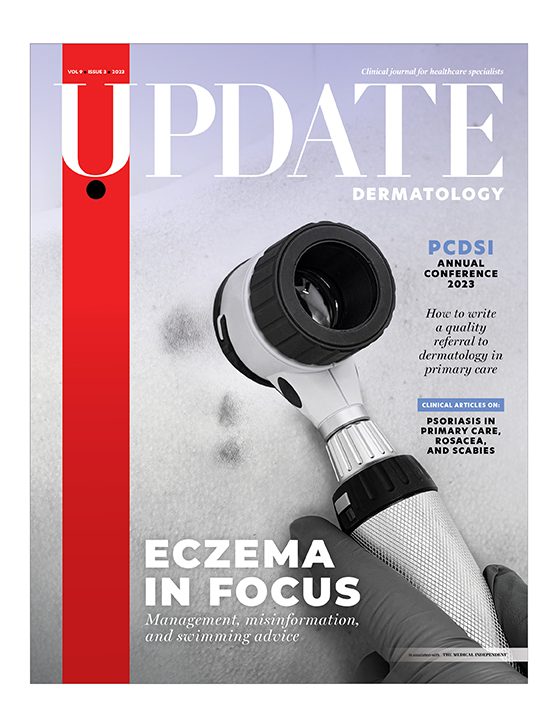
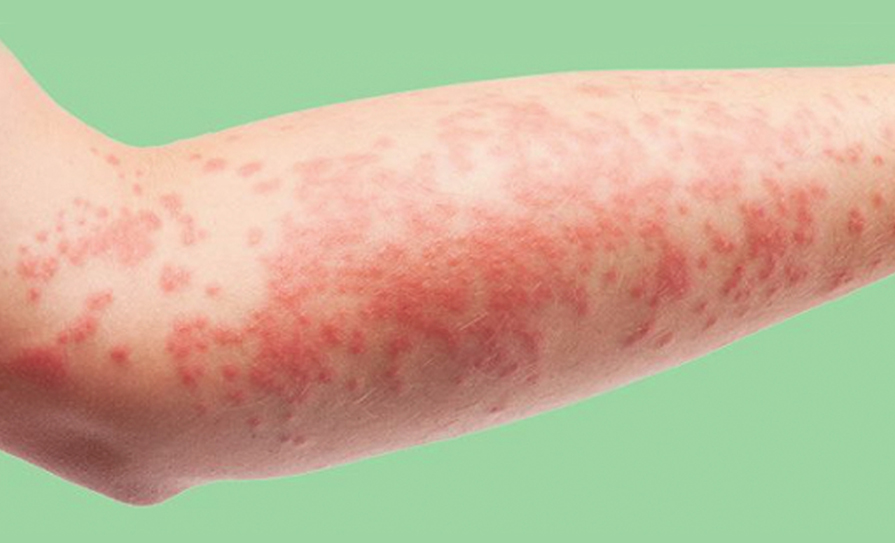




Leave a Reply
You must be logged in to post a comment.